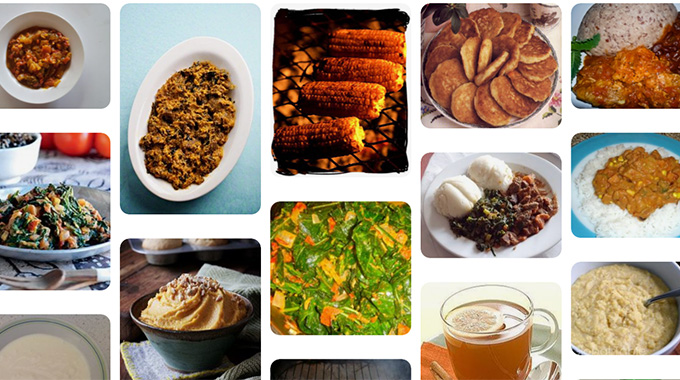Unfortified food faces ban

Bulawayo Bureau
Manufacturers of foods that are required to be fortified have been warned by the Ministry of Health and Child Care that they risk having their products banned if they do not meet the required standards.
Salt has been compulsorily fortified with minute quantities of iodine for some time, as the simplest and cheapest way of overcoming many thyroid problems that can lead in some cases to mental disabilities.
In 2016, the idea was pushed a lot further to combat the loss of most vitamins and minerals when many common grains are processed, with these losses having to be replaced at levels previously set, as laid out in Statutory Instrument 120 of 2016: Food and Food Standards (Food Fortification Regulations).
The foods included in the regulations are, besides iodised salt, vegetable oils, wheat flour, maize meal milled maize products, and sugar.
The required fortification includes iron, iodine, zinc and vitamins A and D to staple foods.
The fortification has to appear on the labels of the packaged products and unfortified products cannot be sold, at least for human consumption.
The country adopted food fortification to prevent and control micro-nutrient deficiency disorders which the lack of essential vitamins and minerals required by the body for proper growth and development. Micro-nutrient deficiency is prevalent in women and children under five years.
Vitamin A deficient children under the age of five face a higher risk of death before their fifth birthday, while anaemia due to iron deficiency among pregnant women contributes to high rates of prematurity, low birth weight and infant mortality.
Malnutrition refers to any condition in which the body does not receive enough nutrients for proper function.
In a statement, the health Ministry said the SI is still in place and all manufacturers should be complying.
“Notice is hereby given by the Ministry of Health and Child Care to remind all commercial producers and importers of edible vegetable oil, wheat flour, maize flour, sugar and salt that SI 120 of 2016: Food and Foods Standards (Food Fortification Regulations) is still in effect.
“The Food Fortification Regulations of 2016 (SI 120 of 2016) states that all edible vegetable oil, wheat flour, maize flour, sugar and salt commercially produced or imported should be mandatorily fortified with micro-nutrients as prescribed in the relevant Zimbabwe food fortification standards,” said the Ministry.
“This is a public health measure to prevent malnutrition due to micro-nutrient deficiencies among the Zimbabwean population.”
The Ministry added that: “In this regard, manufacturers and importers of the products specified above are urged to comply with the SI unless they have been granted an exemption by the Secretary of Health and Child Care as specified in the SI.
Failure to comply will result in the Government taking relevant action including removing products that fail to comply with the standards from the market.”











Comments